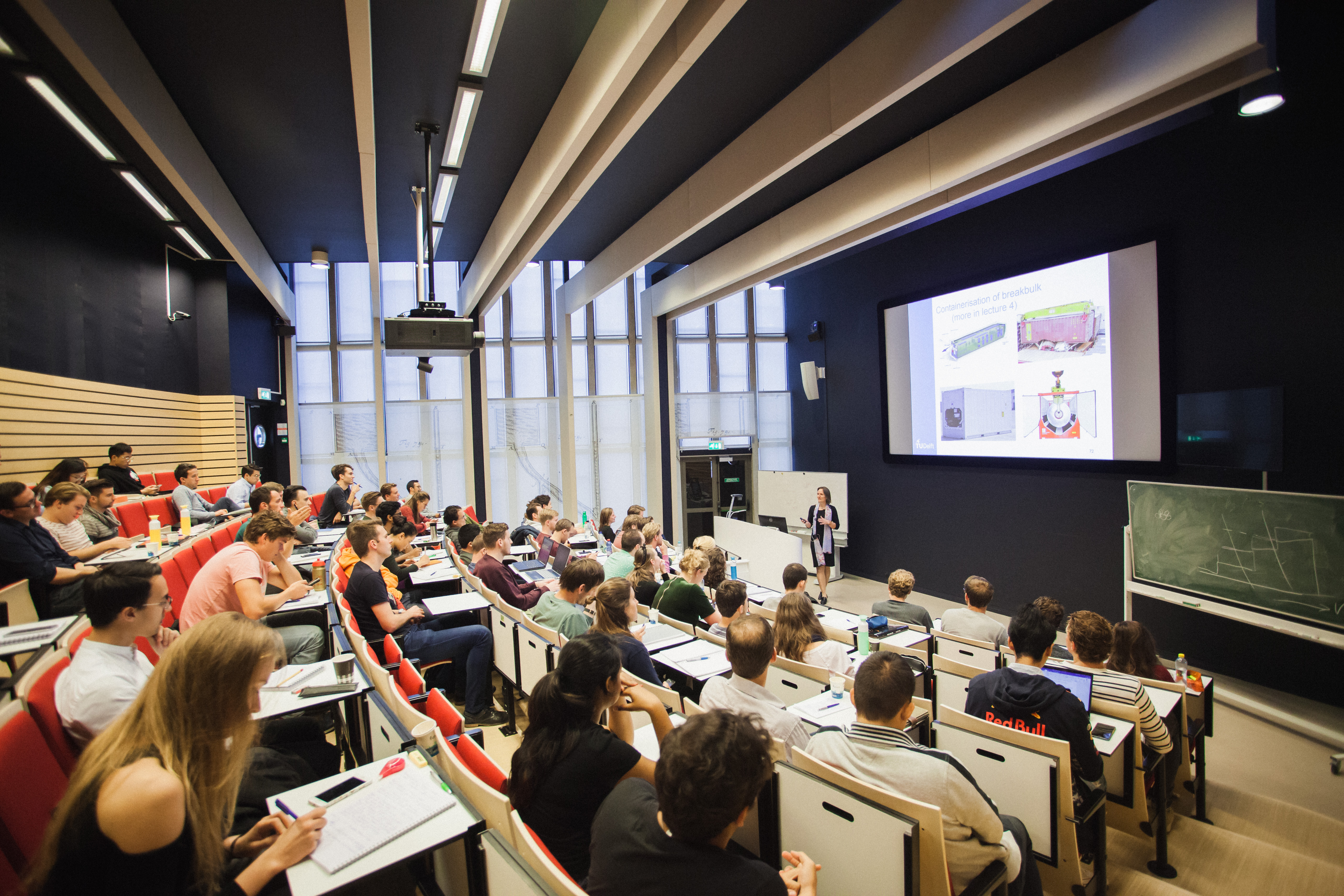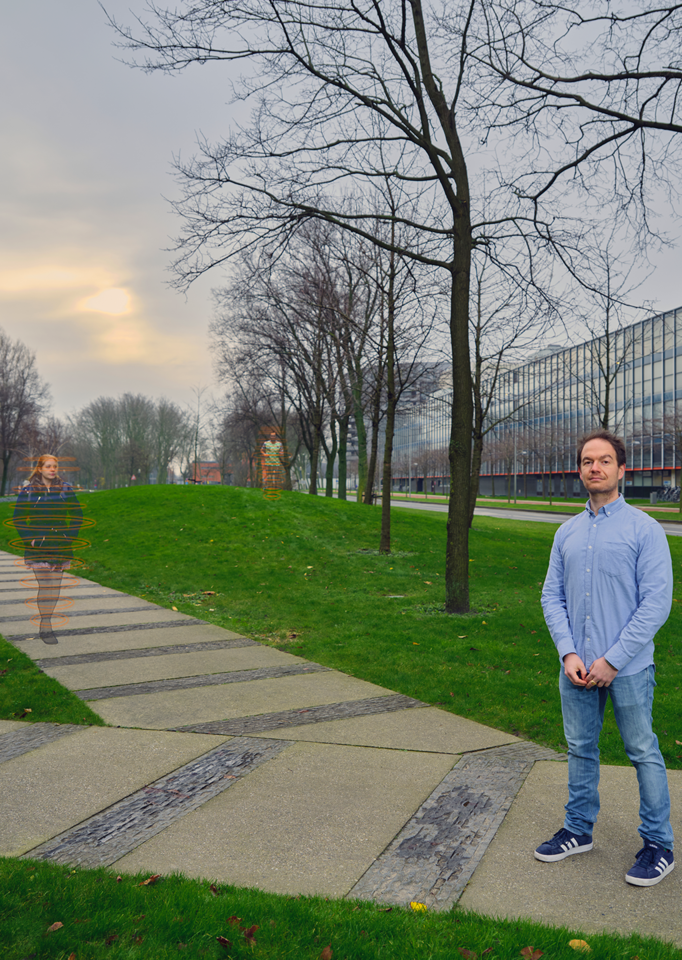Impact of online education on campus: what lecturers say
A recent survey showed that with over 240 TU Delft lecturers involved in developing and offering online courses and programs, this brings positive benefits to campus education and TU Delft students.

As it was long suspected – if not expected - that a positive link exists between the creation of online courses and their effect on campus education, the TU Delft Extension School for Continuing Education endeavored to find out the type and extent of such impact and what could be done to extend it further. In a short survey earlier this year, it directly asked feedback from those many lecturers who in recent years have worked with the organisation to create and offer online education for lifelong learners and professionals.
The questionnaire intended to map benefits and challenges and to explore future possibilities to further support lecturers and improve campus education. Key findings highlight that developing an online course has three main impacts on campus:
-
it facilitated the transition to online during COVID-19 lockdowns;
-
helped re-design and re-think campus education; and
-
promoted the global reuse of online resources.
The results also showed that some factors can play a big role in helping to extend the impact on campus, namely:
-
support for lecturers on how to reuse online resources to achieve better results on campus/with students (for example by addressing time constraints and applying best practices for implementation);
-
appreciation, recognition and support by management; and
-
a searchable database to promote the reuse of materials.
Videos and quizzes most used
Delving into the specific feedback, the survey showed that 82% of respondents reuse online resources in their campus education and integrate them in their campus course, mostly as preparation before class, with materials being offered in various ways, the most common being on Brightspace. The resources most widely reused are videos (93%) – in fact about 60% of lecturers reuse at least half of their videos – quizzes (56%), case studies and self-assessments (both 27%), and extend to a full range comprising interactive PDFs, examples from online course participants, peer review, games, simulations, VR environments and online labs.
Improved teaching materials, professionalization and Covid-19 impact
The biggest cited impacts are having better teaching materials, a greater availability of examples to use on campus, and an improved quality of teaching; additionally, developing online education occasioned an extensive revision of an existing campus course, or the creation of a new one (38% of responses). In particular, lecturers reported that the online materials and the skills and experiences acquired when creating online education were especially beneficial during the transition to online/remote teaching in the Covid-19 lockdown periods. On a personal level, building and delivering an online course enhanced their professionalization and fostered the acquisition of new skills (64% of respondents), whilst increasing their visibility internationally (51%).
For Master and Bachelor students
On average, the number of students affected by the reuse of online resources is about 100 per campus course – predominantly in Master courses (75%), followed by Bachelor (50%) and pre-university/bridging ones.
Survey respondents deemed the overall benefit of using online resources to be Major (33%) to Moderate (50%), with only 2% finding it Insignificant. The areas where the benefits are most evident range from an improved learning experience to better student engagement in class and better output, with some also reporting an increase in students’ knowledge (measured by them giving better answers), as well as increased attendance and more engagement on the Brightspace platform.
Challenges and opportunities
Of course, there also challenges to incorporating online resources and materials into campus education. For example, lecturers cited as main barriers the time necessary to implement this and the perceived difference in academic level between online and campus courses, followed by the availability of suitable materials, a lack of support by management and the potential negative perception by students or peers. Therefore, conditions that would support more use of online education resources have to do with available teaching time, reliable teaching assistants, and the offer of training, guidance and blended support on how to implement the resources well, alongside the very important ‘buy-in from faculty’. Requests from students, academic recognition and embedding practices in the annual HR review cycle (R&O) also feature as motivating factors.
Next steps
A working group comprising colleague across various departments and including faculty coordinators, learning developers, academic portfolio directors, product managers and the Reward and Recognition project group will identify future possibilities for support and improvements based on the findings and draw up an implementation plan by the end of the year. The survey will be repeated in two years’ time.
Add your voice
Do you already use or are interested in using online resources in your campus course? We want to hear from you – email us at extension-school@tudelft.nl
